Bajaj Allianz Life Insurance Co. Ltd., one of India’s leading private life insurers, is a joint venture between Bajaj Finserv Limited, one of the most diversified non-banking financial institutions in India, and Allianz SE, one of world’s leading global insurer and asset manager. We began operations in August 2001 from our headquarters in Pune, Maharashtra (India).
With a focus on getting Life Goals DONE. Bajaj Allianz Life is committed to offer value-packed and innovative products, which are simple to understand and purchase. They are designed to meet long-term life goals of customers, ranging from protection, wealth creation to retirement solutions and more. These are backed by a suite of tech-enabled services and service touchpoints to ensure we are always available for our customers to manage their Life Goals with us.
To ensure enhanced customer engagement, we have built an extensive distribution network across the country. With 597 branches, over 1,60,947 agents (as on 30th June, 2025), along with several partnerships with key banks, including AXIS, Bandhan, IDFC First amongst others, and a large network of Corporate Agents, we are present where our customers are. Our digital eco-system is also built and strengthened over time to ensure we are available, literally, on the palms of our customers.
With innovation and customer-centricity as our guiding values, we have transformed to being one of the fastest growing life insurers in India. Today, we are the life goals enablers to over 3.58 crore# individuals & Groups (as on 30th June, 2025) and have over ₹ 1,31,052crore Assets Under Management (as on 30th June, 2025), with a AAA$ Rating that signifies highest degree of safety regarding timely servicing of financial obligations and Claims Settlement Ratio at 99.29%~ .
Over the last five years, we have disrupted the life insurance industry in several ways, to ensure that our customers enjoy the several benefits their life insurance policy(ies) provide. From introducing first-of-their-kinds product features to innovative services for our customers, ICs and partners alike (e.g. SmartAssist, comprehensive set of services on WhatsApp Business account, QR-code enabled branch services, etc.), several milestones mark our transformation journey this far.
As a brand, Bajaj Allianz Life has also strengthened the trust quotient it enjoys amongst its stakeholders and customers. Our endearing campaigns built on deep customer insights and right marketing analytics have helped build a strong brand recall. We have been recognized thrice for the mega Plankathon event where we broke records for most number of people performing the abdominal plank, simultaneously.
All these achievements have been possible due to the passion of around 25K team members working towards enabling life goals of our customers.







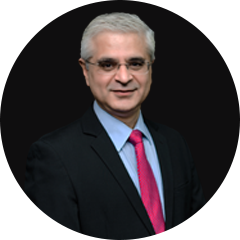
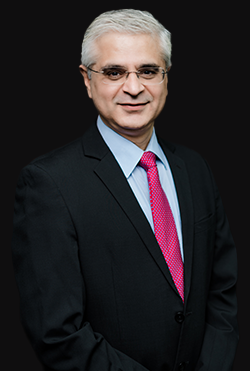

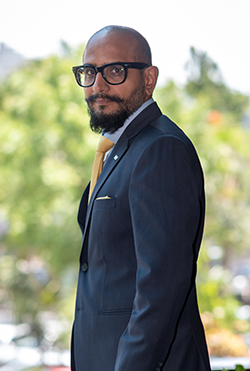


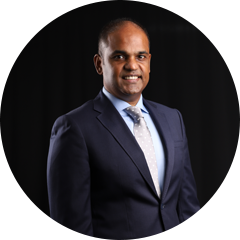
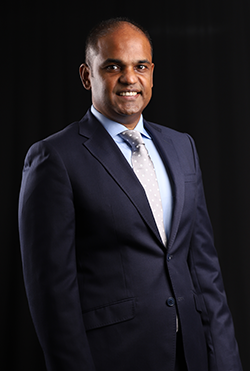

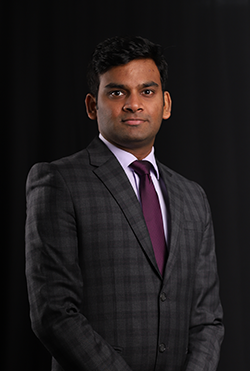


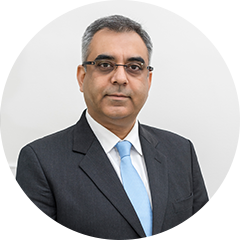
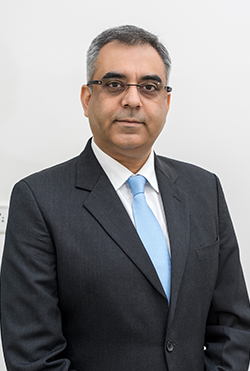



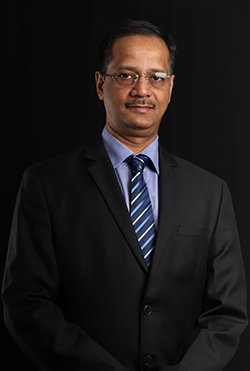
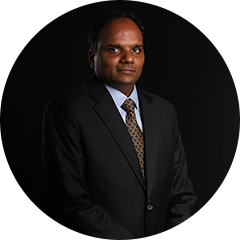
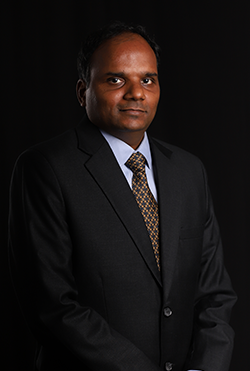
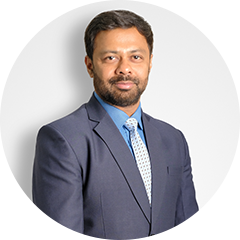





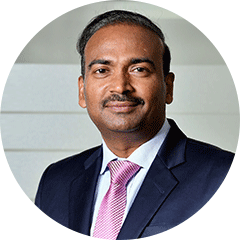
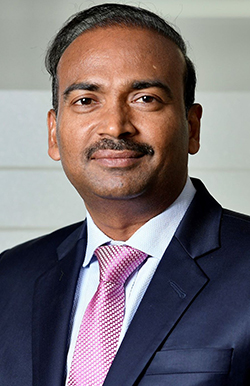
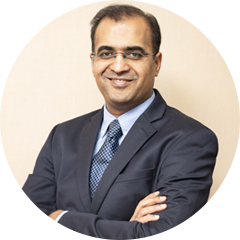
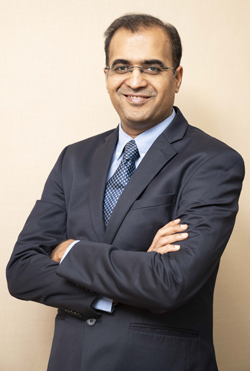


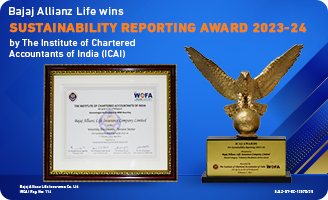








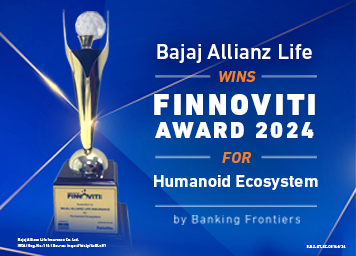
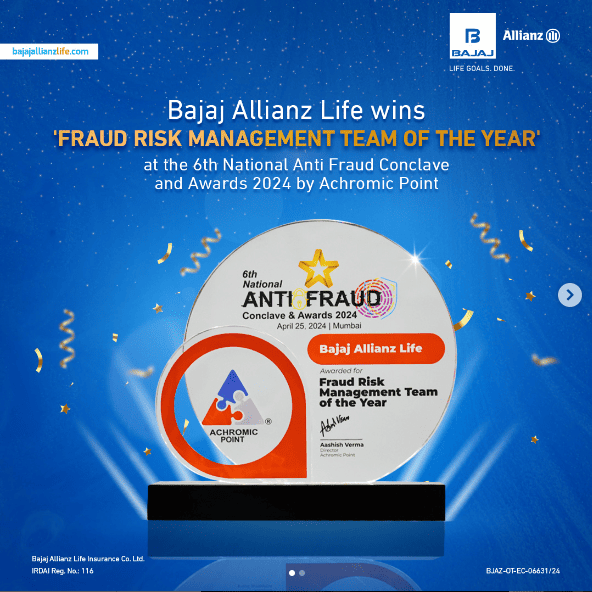

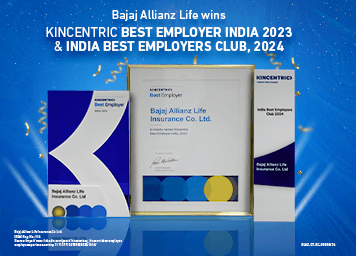



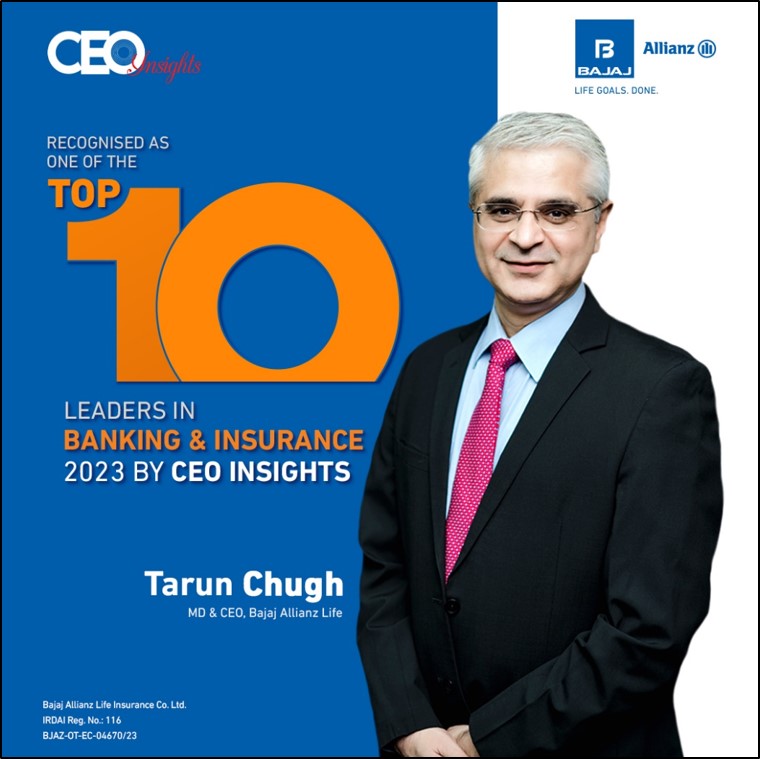
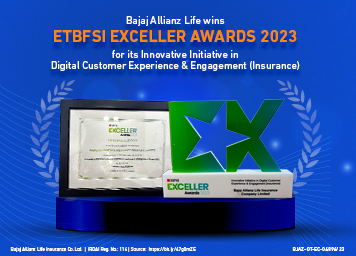


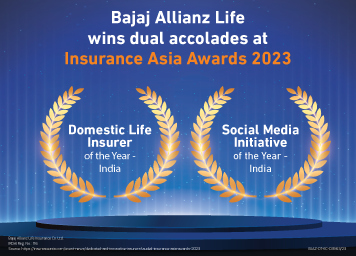





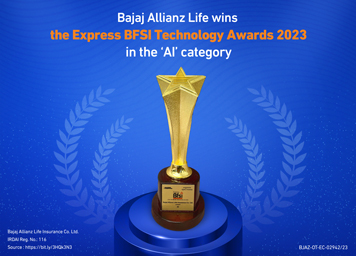


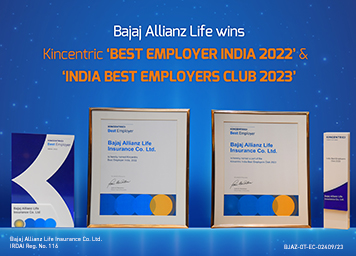




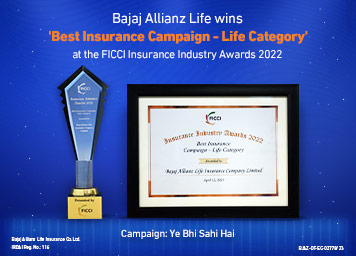
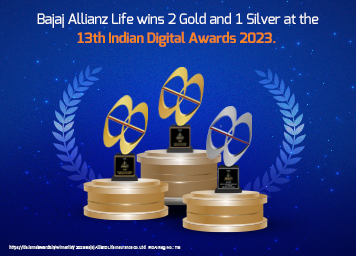






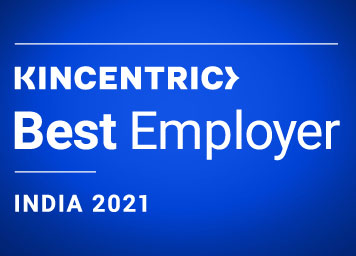
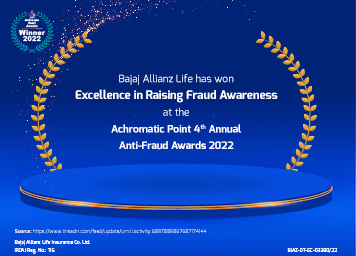



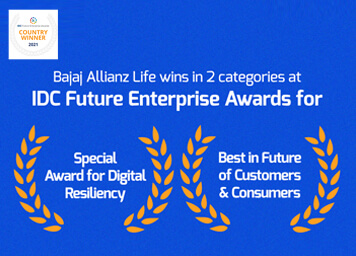
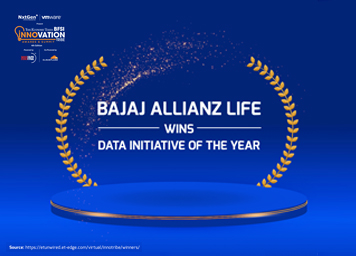
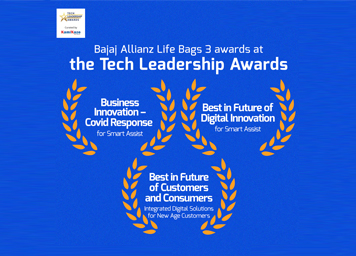
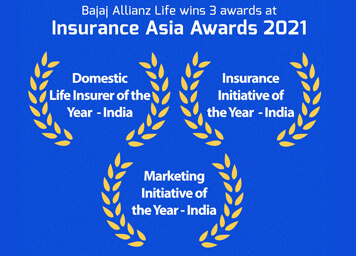

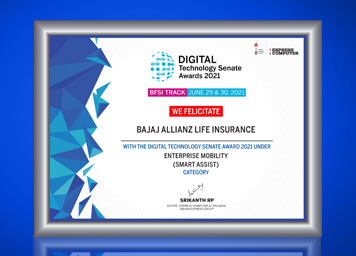




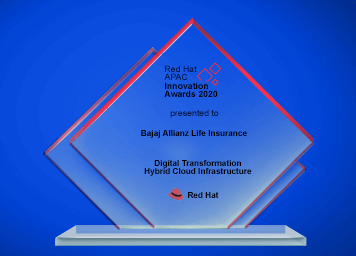

















 An ISO 9001:2015
An ISO 9001:2015 


